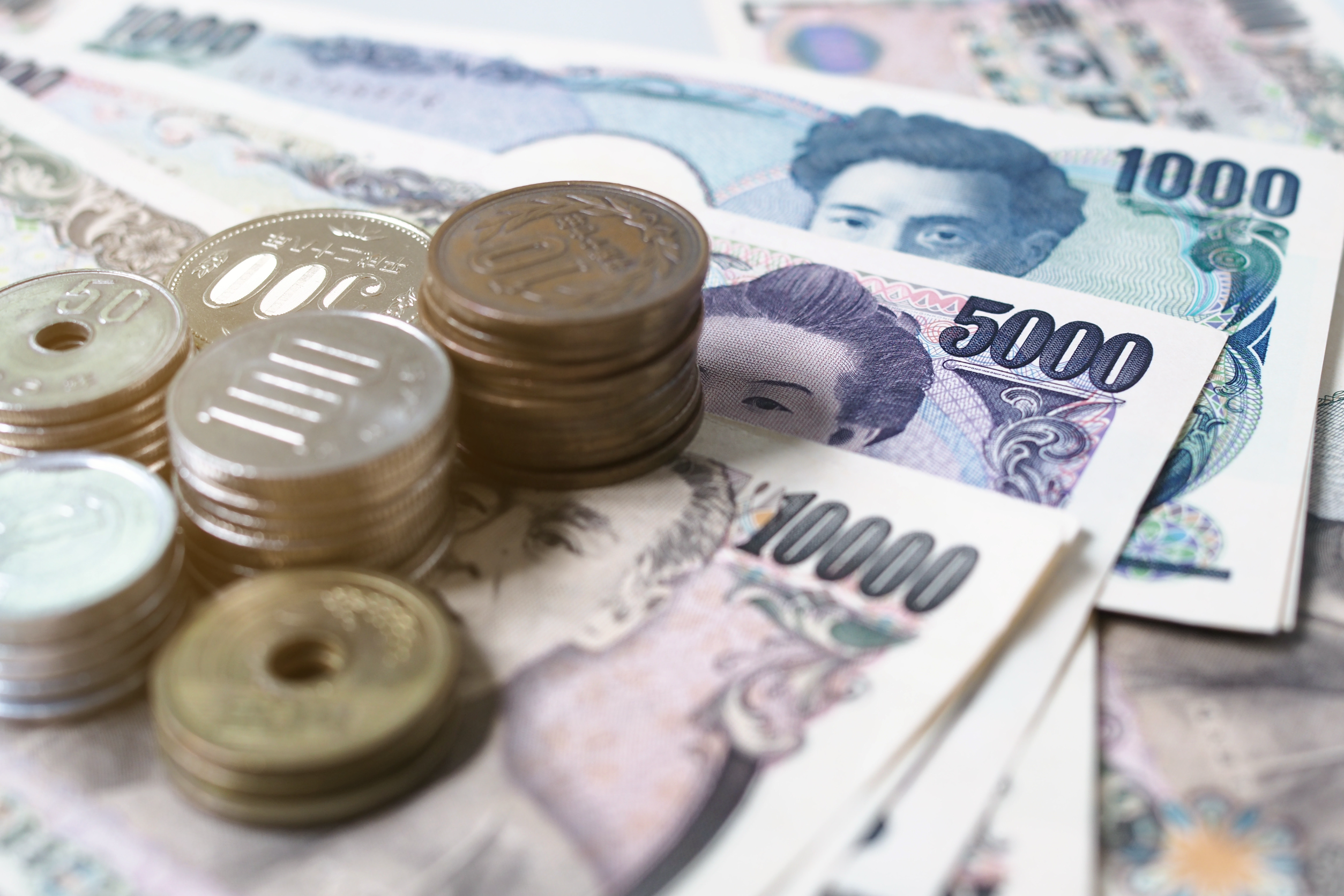Japan pushes for faster wage growth in 2024
- Josephine Tan
- Topics: Compensation and Benefits, Home Page - News, Japan, News

Japan Prime Minister Fumio Kishida urged organisations in Japan to prioritise faster wage growth in 2024, marking a key step in Japan’s quest to beat deflation and revitalise its economy. Addressing the Keidanren business lobby, Kishida called for “pay hikes that will exceed this year’s”, emphasising the need to boost disposable income and improve household circumstances amidst rising living costs.
The call comes ahead of the shunto wage negotiations between management and labour unions, set to begin in early 2024. This year saw Japan’s best wage increases in 30 years, with major organisations settling at 3.99% and smaller organisations at 3%. However, both the government and the Bank of Japan (BOK) believe further acceleration is crucial in tackling inflation and propelling sustainable economic growth.
Masakazu Tokura, Chairperson of Keidanren, known formally as the Japan Business Federation, echoed Kishida’s sentiment, stating that organisations must strive for wage hikes “with more energy and strong determination” than before to beat deflation.
This aligns with BOJ Governor Kazuo Ueda’s cautiously optimistic outlook. While acknowledging uncertainties, Ueda indicated a “gradually rising” likelihood of achieving the central bank’s 2% inflation target. He went further, hinting at a potential policy shift if prospects for sustainable 2% inflation solidify. “If the virtuous cycle between wages and prices intensifies and the likelihood of achieving our price target in a sustainable and stable manner rises sufficiently, we will likely consider changing policy,” Ueda remarked.
READ MORE: Firms in Japan raise wages by record amount in 2023
Ueda noted organisations’ growing willingness to raise wages and prices, a positive sign for Japan’s economic momentum. However, he emphasised a cautious approach, stating that the BOJ has not predetermined a specific timeline for adjusting its policy due to economic and market uncertainties.
“We will carefully examine economic developments and organisations’ wage- and price-setting behaviour, and thereby decide on future monetary policy in an appropriate manner,” he said, reported The Japan Times.






